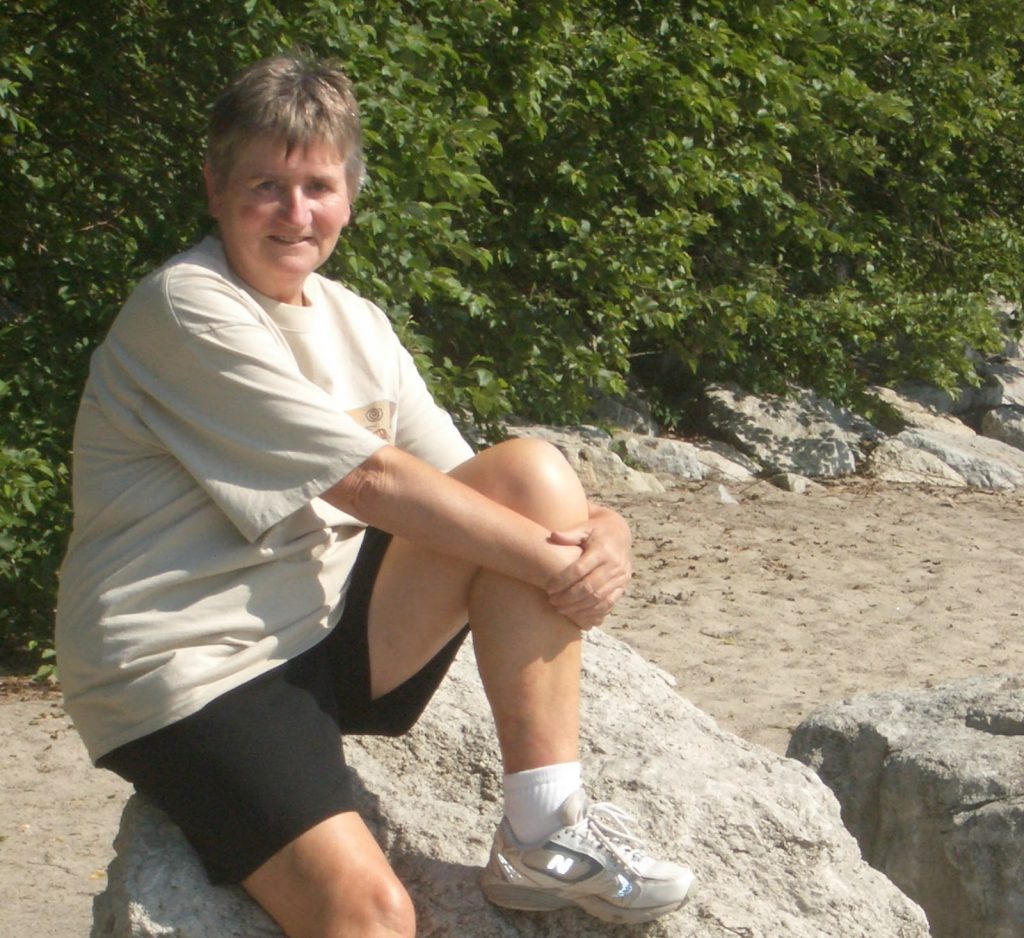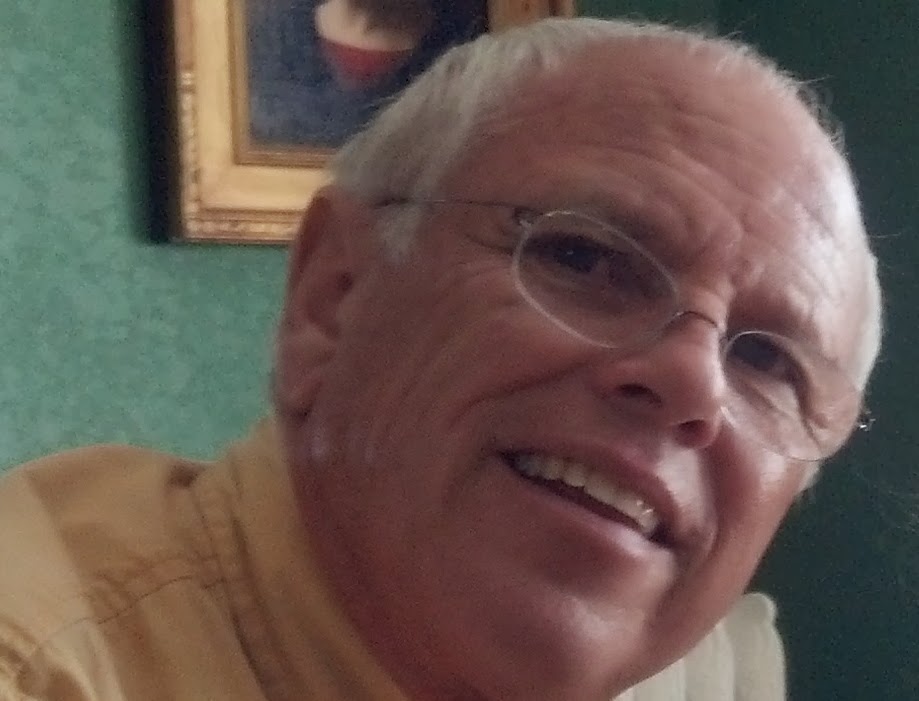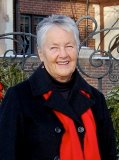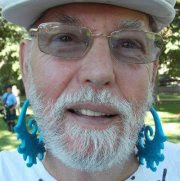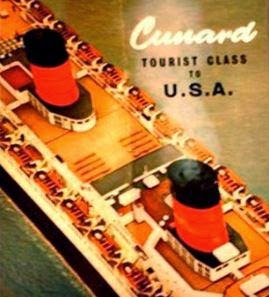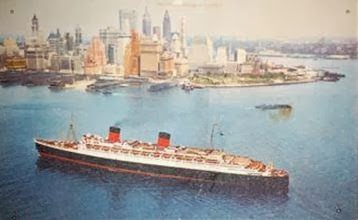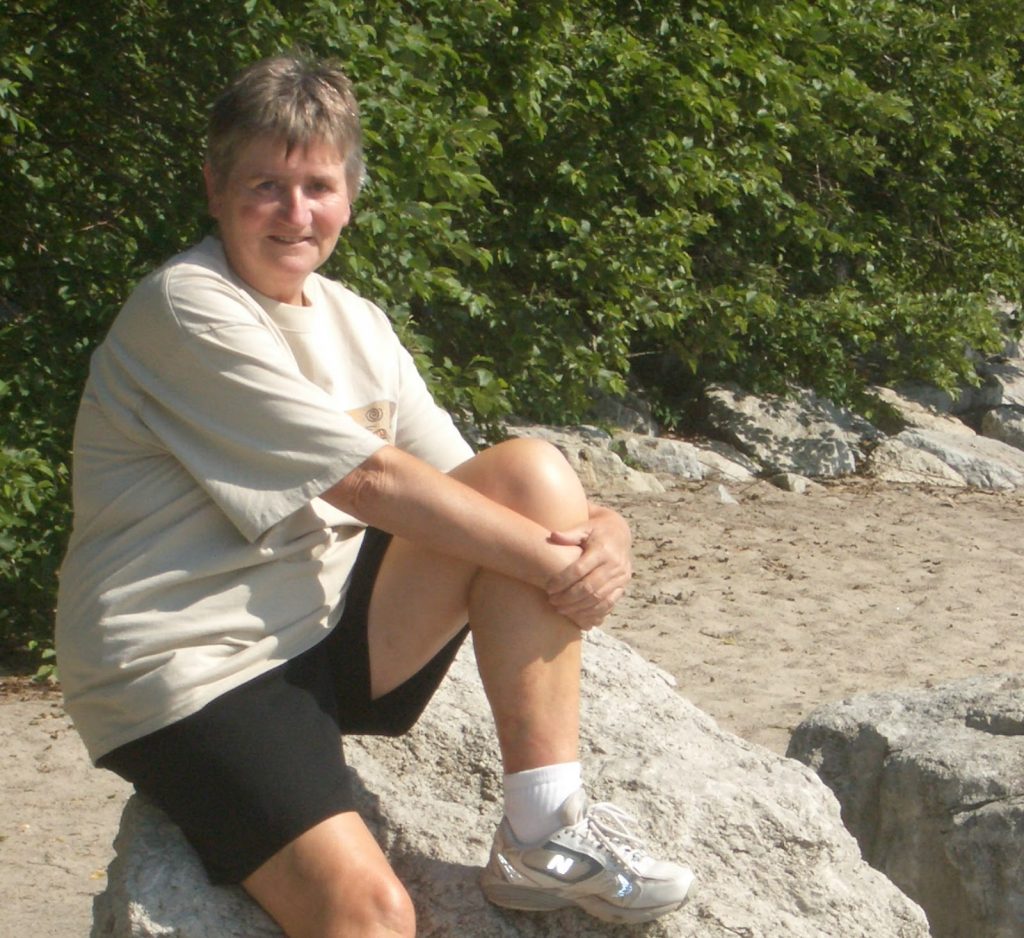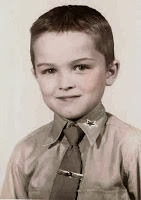Have you ever been caught…caught looking? I have, and a lot of my friends have, too. Sometimes, we just can not resist looking. What is it that makes one human face more
attractive than another? What is it that
makes someone’s appearance so astonishingly beautiful that it even can take
your breath away? Believe it or not,
studies have been conducted on this question and some answers found.
Regardless of race, it has been discovered that there are
common factors among all that help to determine beauty. Even babies were tested to observe their
responses to a large variety of faces and which ones they were most attracted
to. All of the preferred faces had
features in common. Of course, as we
grow older, we develop various preferences based upon our own ages,
circumstances, psychological needs, and experiences. Our preferences often vary from the ideal
elements of human beauty.
Some of the elements of idealized beauty are obvious, such
as youth, good health, fine skin, and luxurious hair. Then there are finer points, such as the arch
of eyebrows implying openness and friendliness, the wide spacing of eyes and
their bright clarity, and the youthful blush of cheeks and lips, attributes
that contributed to the origins of lipstick and rouge for the aging to imitate
youthfulness. Another facial factor is
symmetry of features, that is, each side of a person’s face being identical in
a mirror-image manner. This gift is more
rare than one might think. Sometimes for
fun, pictures of people have been split down the middle, a right-side matched
with a right-side mirror-image, or a left-side matched with a left-side mirror-image. The results can be surprising. They may look like two different people. I have noticed with one highly successful news
anchor than his face is remarkably asymmetrical. One eyebrow slants somewhat
down, the other dramatically down; his nose is not centered and curves to his
left, his jaw sits slightly askew, and his mouth is not exactly horizontal. As a person, he is attractive, but I would
not call his physical appearance ideally beautiful.
Along with an attractive face, being physically fit and having
a well proportioned body certainly help.
Just look at the advertising posters outside Charlie’s. These physical gifts have been noted for
centuries. All those Baroque painters, along
with those Greek and Neoclassical sculptors, can’t be wrong. Of course, non-physical factors can influence
our perception of how attractive a person is, such as brightness of spirit, charisma, intelligence,
and personality.
What nature intended by attracting one human being to
another may have to do with assuring reproduction and the continuation of the
species; however, that factor may not account totally for same-sex attractions
nor beauty so intense that it creates an adrenaline rush and butterflies in
your stomach. That experience can, at
times, prove to be embarrassing, especially for shy gays encountering good
looking guys. There always is the risk of
being caught when engaging in surreptitious, prolonged glances. Sometimes, we may be caught off-guard by a
sudden appearance of someone, and our startled responses may alert him to our
reaction. You run the risk of being
caught. A glazed look, panting, and
drooling are dead give-aways, too.
I’ve mentioned before a college friend whose roommate was
drop-dead gorgeous, and his big, blue eyes could melt any heart. Supposedly, the young student was not aware
of his impact upon other guys until gay roomy explained it to him. From then on, this freshman had his radar
turned on, and he soon detected every time that a gay guy was looking at
him. He became quite adept at catching
them, and he enjoyed seeing their blushing embarrassment when he suddenly
turned toward them and looked into their eyes with those blue eyes of his.
Another gay friend was standing outside the gym when he
noticed, some distance away and coming down the sidewalk, a jogger in gym shoes,
little blue shorts, and nothing else but his wonderful self. He was described to me as being like a young
Greek god with remarkably beautiful facial features, well defined chest, a
half-ounce of excess weight on his sculpted stomach, and skin like honey. Some description! Happening to have his camera with him, my
friend aimed his camera from some distance away and took a picture. At that distance, he was sure that he was not
noticed, safe that is until the jogger came near, at which time he said, “Thank
you.” The jogger immediately caught what
my friend was doing. At least the jogger
appeared to accept and to appreciate the admiration directed at him. I certainly admired him, once I saw the
photo. Of course, he was only mortal,
and he may look like us now. Too bad.
Getting caught can be rather dramatic when the encounter is
sudden. On our campus, there was a very
long flight of concrete steps leading up a hill. Impatient students would dash up those steps,
keeping their eyes trained on the steps rather than looking ahead. Another friend of mine, Jim, nearly collided
with one of these young Greek gods coming down the steps. When Jim suddenly looked up and came
face-to-face with this vision of loveliness, he exclaimed, “Shit!” The startled student responded at first with
surprise but quickly gave Jim an understanding grin.
For those who are familiar with the remarkable film “Death
in Venice“ and
the character of “Tadziu,” who was the object of von Aschenbach’s fascination,
we also had a “Tadziu” on campus, albeit a few years older; and his name was
Peter, not Wladislav Mose. Peter was so
astonishingly beautiful that even the homophobes stared at him, and that is no
exaggeration; they did. Some gays on
campus were beaten up, but Peter never was.
Straight guys seemed to be far too fascinated with Peter to ever
consider harming him. On the contrary,
Peter once shared expenses with two straight guys in a van going to Florida for spring
break. When Peter came flouncing down the
front steps to the van, and his house-mate called out, “Have a good time, and don’t
get any nice boys into trouble!,” their jaws dropped. Apparently, the two guys overcame their
initial surprise, for by the time they pulled over in a rest stop for the
night, Peter ended up being, as he described it, “the meat in the sandwich.” From what Peter told me, I don’t think that he
minded traveling with straight guys.
Peter also was an unabashed flirt. He always knew when people were staring at
him; it was obvious. He caught them all,
but he did not leave it at that. He
deliberately would embarrass the observers by sensuously sideling up
uncomfortably close to them, pretending to be doing something else, but
obviously teasing the viewers. He
occasionally would smile at them and not leave until the observers, now
beet-red, were thoroughly upset with themselves for not being really macho,
that is, not having had the strength and presence of mind to ignore Peter’s flirtations.
Like Tadzio, Peter had long, golden hair. Between that and his good looks, some of his
friends thought it would be a fun idea for Peter to go in drag to a big party
full of straight people to see how they would respond. At first, he resisted, but eventually he
agreed to do it. As it turned out, his
appearance was so stunning that a lot of the guys abandoned their dates, went
over to Peter, and were trying to chat him up.
Their dates were furious. Peter
was so convincing that he never was caught.
He may have been, by nature, flamboyant, but he did not care for
drag. He never did that again.
Of course, there are some people who have so much
experience, so much self-esteem, and maybe so much money, that they seem
invulnerable to embarrassment. Instead,
they see what they like, and they go get it.
This happened with Peter in Florida
at least once. The first morning that
Peter was in Fort Lauderdale,
he deliberately took a graceful stroll along the beach, wearing a flowing
caftan, and with the sunshine glowing in his golden hair. He was fishing, and he immediately caught a
big one. And, that is how Peter had room
and board for his entire stay in Florida. The host’s name, however, is too famous and
prominent for me to mention it in writing.
I guess that whether a person is embarrassed or not depends
a lot upon his own nature, his upbringing, perhaps his religious or social
background. For gay guys who were taught
that being gay is a terrible and unforgivable sin, or for gays who still are in
the closet, getting caught can be emotionally devastating.
There is a scene in “Death in Venice” when Gustav von Aschenbach enters a
hotel elevator; but just before it ascends, he suddenly is joined by an
exuberant group of youths including Tadzio.
Von Aschenbach vainly attempts to maintain his artificial image of
disinterest; however, his eyes betray him.
The lads pick up on it; they sense it, he is caught. To his consternation, they begin giggling and
whispering among themselves. As the
elevator door opens, von Aschenbach flees toward his room, thoroughly
mortified. His emotions are so
overwhelming that he hurriedly packs up and heads for the train station to
leave Venice. Of course, he is obsessed with Tadziu. When delayed at the train station, he jumps
at the first excuse to turn around and come back. Apparently, he subconsciously concludes that
repeating the opportunity to see the object of his fascination is worth being
caught.
I suppose that some habitual observers eventually may have
become insensitive to embarrassment themselves and choose brazenly to gaze
unabashedly as long as they wish. They
should, however, be courteous and not make the objects of their admiration uncomfortable
by endless, rude staring. My late
partner once said that he could not wait until he became old because he had endured
so many years of people staring at him.
I never have had that problem.
© 3 February 2013
About the Author
I have had a life-long fascination with people and their life stories. I also realize that, although my own life has not brought me particular fame or fortune, I too have had some noteworthy experiences and, at times, unusual ones. Since I joined this Story Time group, I have derived pleasure and satisfaction participating in the group. I do put some thought and effort into my stories, and I hope that you find them interesting.
